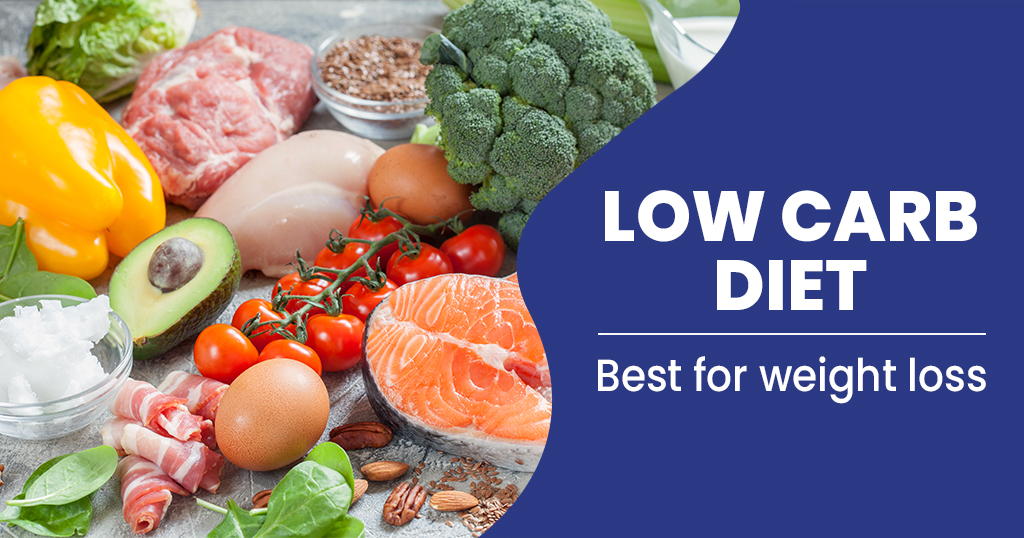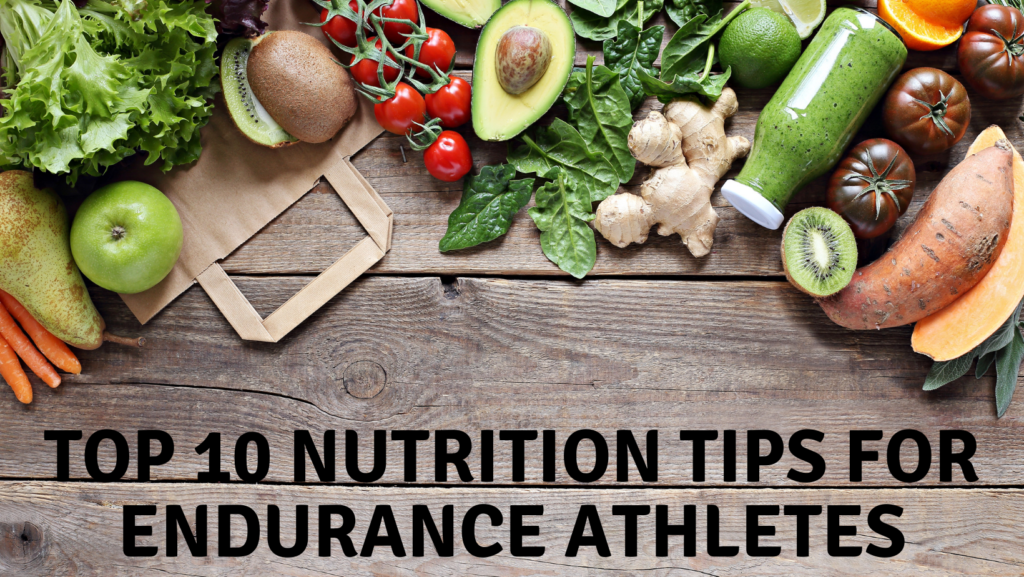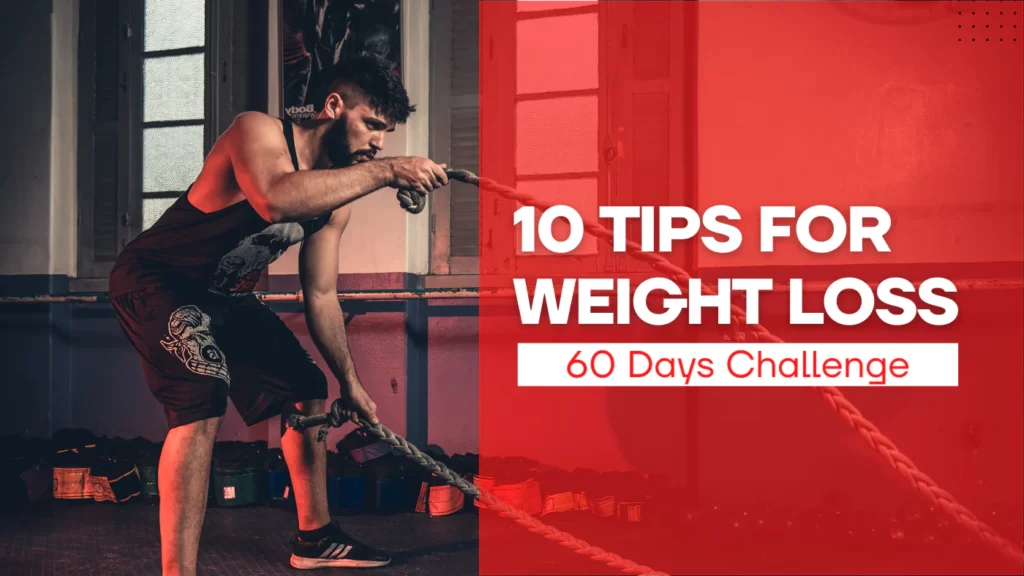A Low Carb Diet for Beginners: Your Comprehensive Guide
If you’re considering a low carb diet for weight loss, improved health, or better blood sugar control, you’re not alone. Low carb diets have gained popularity for their potential benefits, but it’s essential to understand the basics before diving in. This comprehensive guide will help beginners navigate the world of low carb eating. What is a Low Carb Diet? A low carb diet, as the name suggests, is a dietary approach that restricts the intake of carbohydrates, primarily found in grains, starchy vegetables, and sugary foods. Instead, it emphasizes foods high in protein and healthy fats. Benefits of a Low Carb Diet Weight Loss One of the most significant benefits of a low carb diet is its effectiveness in promoting weight loss. By reducing carb intake, your body enters a state of ketosis, where it burns fat for fuel, leading to fat loss. Improved Blood Sugar Control Low carb diets can help regulate blood sugar levels, making them suitable for individuals with diabetes or those at risk of developing it. Increased HDL Cholesterol A low carb diet can raise high-density lipoprotein (HDL) cholesterol, which is beneficial for heart health. Reduced Triglycerides It often leads to decreased triglyceride levels, another positive marker for heart health. How to Start a Low Carb Diet Reduce Carb Intake Gradually Begin by gradually reducing your intake of high-carb foods like bread, pasta, rice, and sugary snacks. Replace them with low-carb alternatives such as vegetables, lean meats, and nuts. Choose Whole Foods Emphasize whole, unprocessed foods. Opt for vegetables, leafy greens, lean proteins, and healthy fats like avocados and olive oil. Limit Sugary Beverages Cut out sugary drinks, including soda, fruit juices, and energy drinks. Opt for water, herbal tea, or unsweetened beverages. Track Your Macros Use a tracking app or journal to monitor your carb intake and ensure you’re staying within your desired carb limit. Low Carb Diet Foods Vegetables: Broccoli, spinach, cauliflower, and zucchini are excellent low carb options. Proteins: Include poultry, fish, lean beef, and tofu for protein intake. Fats: Avocado, olive oil, nuts, and seeds are sources of healthy fats. Dairy: Select full-fat dairy products or dairy alternatives with no added sugars. Snacks: Choose low carb snacks like cheese, nuts, or vegetable sticks with hummus. Potential Side Effects Keto Flu: Some people may experience flu-like symptoms when initially reducing carbs. Stay hydrated and consume electrolytes to alleviate this. Constipation: Low carb diets may lead to constipation; include fiber-rich foods and drink plenty of water. Increased Cholesterol: While HDL may rise, LDL cholesterol can increase in some individuals. Monitor your cholesterol levels with your healthcare provider. Conclusion A low carb diet can be a transformative approach to weight loss and better health, but it’s essential to start gradually, choose whole foods, and monitor your progress. As with any dietary change, it’s advisable to consult with a healthcare professional or dietitian, especially if you have underlying health conditions. By following the tips in this guide, you can embark on your low carb journey with confidence and reap the potential benefits of this dietary approach.
A Low Carb Diet for Beginners: Your Comprehensive Guide Read More »









